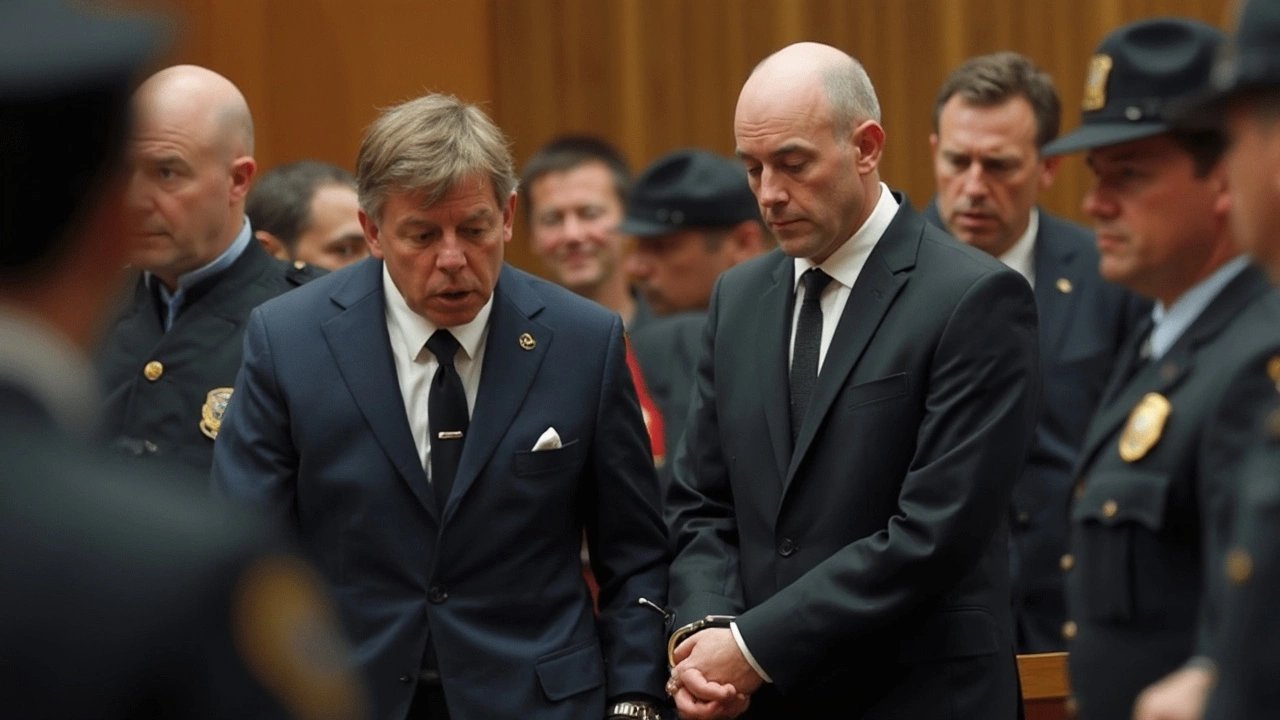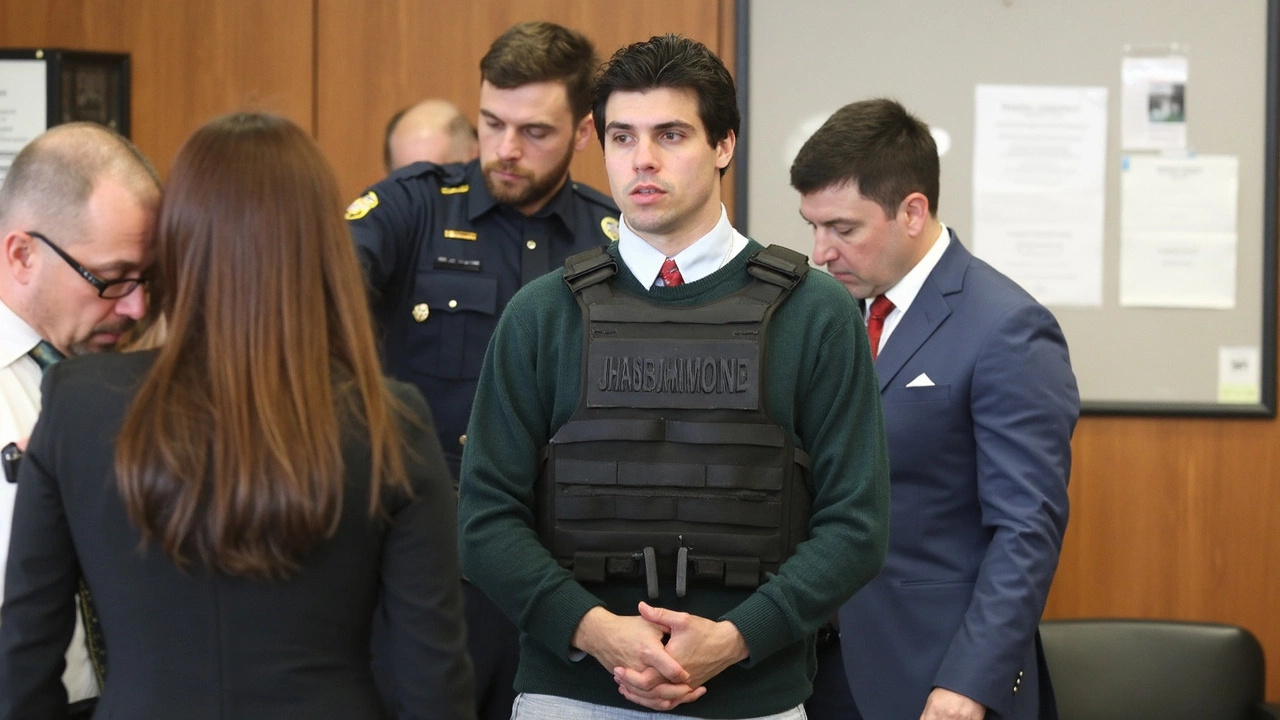Allegations of Illegal Search in High-Profile Murder Case
In a dramatic twist to a high-profile murder case, Luigi Mangione, who stands accused of murdering UnitedHealthcare CEO Brian Thompson, is claiming he was the victim of an unlawful search during his arrest. The arrest, which took place in Altoona, Pennsylvania, is now shrouded in controversy after Mangione's defense team raised concerns about the legality of the procedures conducted by the local law enforcement.
The accusations come at a critical moment, as Mangione is facing serious federal charges including murder, stalking, and the use of a silencer-equipped firearm in a violent crime. The defense is asserting that police officers overstepped their boundaries by conducting a search without the necessary legal warrants, a move they allege violates Mangione's constitutional rights.
While the specifics of the search remain largely under wraps, the defense's claims, if proven true, could have significant implications. The alleged illegal search might challenge the validity of the evidence collected during the arrest. This, in turn, could potentially affect the outcome of a case that has already caught the public's attention due to the status of the victim and the unusual use of a silencer in the crime.

The Legal Battle Over Evidence
This legal argument isn't just about technicalities; it goes to the heart of the justice system's integrity. If the courts find that law enforcement acted outside the law, key pieces of evidence could be deemed inadmissible, which could either delay the trial or possibly overturn the case. For Mangione, who insists on his innocence, this could mean the difference between conviction and acquittal.
The implications of this case extend beyond Mangione's immediate situation. It speaks to broader concerns about police procedures and the protection of constitutional rights. The presence of a high-profile victim also means there's increased scrutiny on every part of the judicial process, putting pressure on both the prosecution and defense to adhere to the highest standards of legal conduct.
As the legal battle unfolds, all eyes are on the courtroom. Will Mangione's charges withstand scrutiny, or will alleged procedural missteps by the police pave the way for a controversial ruling? The outcome could very well set a precedent for how similar cases are handled in the future.
